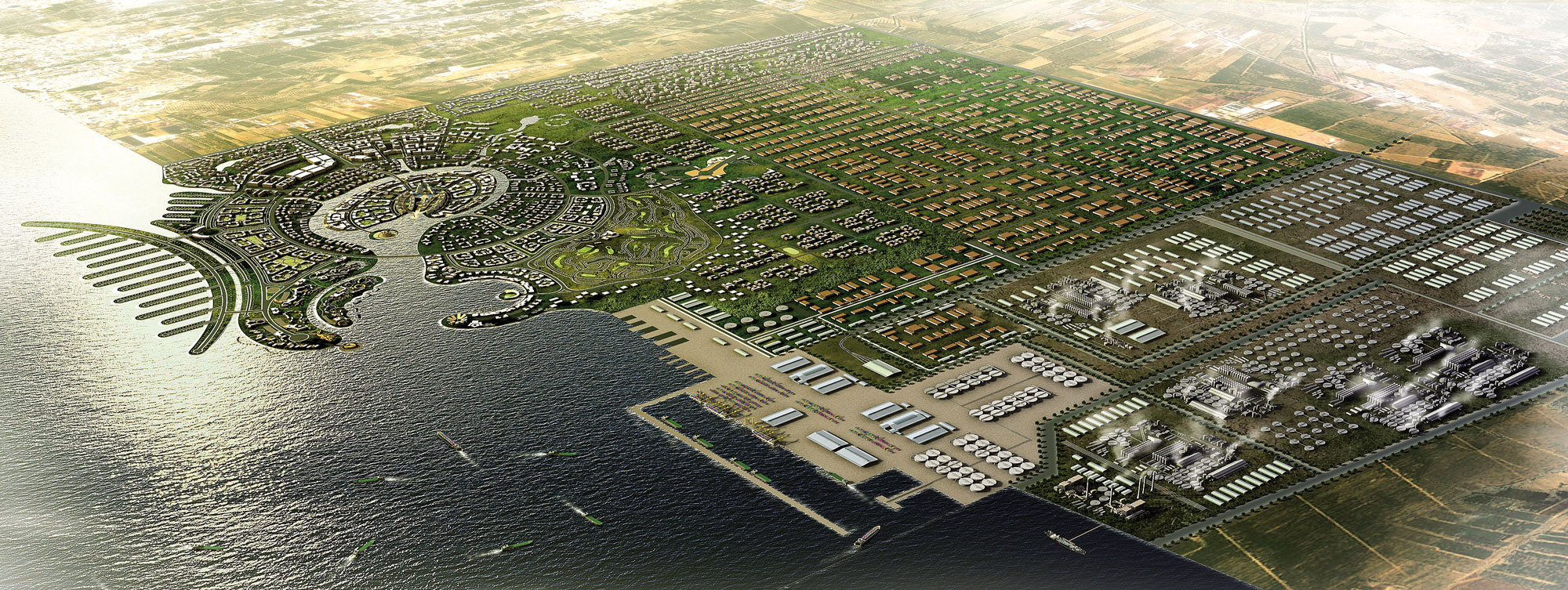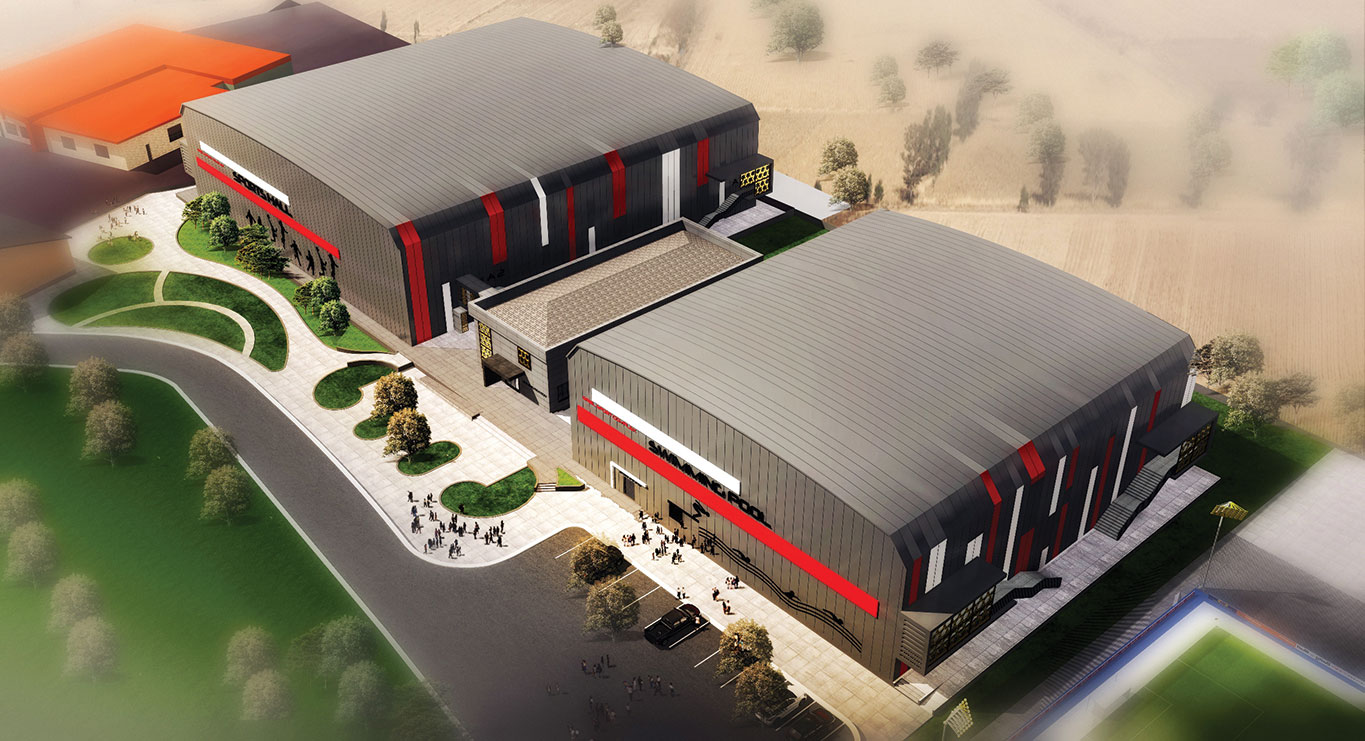Smart Cities: Solving Asia’s Urbanisation Challenges & Spurring Economic Growth
Meinhardt's Group CEO – Mr Omar Shahzad, has been invited by Economic Development Board (EDB) to be a contributor to the Singapore Summit website, which features business insights on topics related to the Summit's theme of "Global-Asia Confluence".
In his article, Mr Shahzad writes at how Smart Cities will help solving Asia’s urbanisation challenges & spurring economic growth. The lack of infrastructure development is commonly cited as a critical factor in impeding Asia’s economic growth rates. It is estimated that by 2025, Asia alone will have at least 28 new megacities (defined as cities with population greater than 10 million).
Asian countries are increasingly benchmarking successful cities such as Singapore and planning or implementing “smart cities” of their own to address their urbanization challenges. India alone is planning 100 new smart cities and 500 cities are being overhauled under the rejuvenation and urban transformation program.
Singapore’s success story is evidence that a world class and robust infrastructure system is a catalyst for attracting long-term and large scale foreign direct investment. Singapore is consistently ranked as one of the largest recipients of foreign direct investments globally despite being a relatively small country. Singapore is ranked as the world’s 2nd most competitive country globally, although it is also ranked as one of the most expensive.
Smart Cities are a necessary means to address the challenges from urbanization and enables such cities to attract and retain smart talent from within the country and abroad by promising greater economic opportunities & better lifestyle. The efficient infrastructure and talent pool offered by smart cities inevitably encourage businesses to set up and expand their operations, thereby creating a virtuous cycle providing sustainable economic growth.
Read more on Meinhardt’s solutions to deliver sustainable smart cities.




